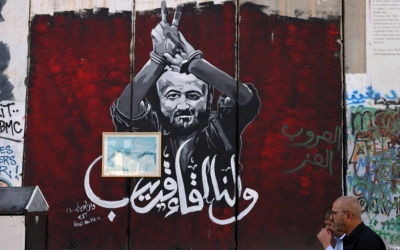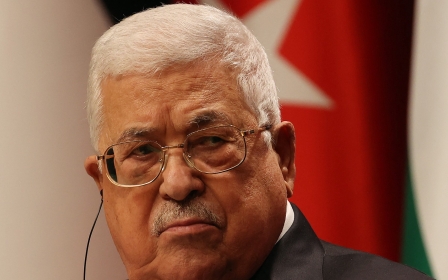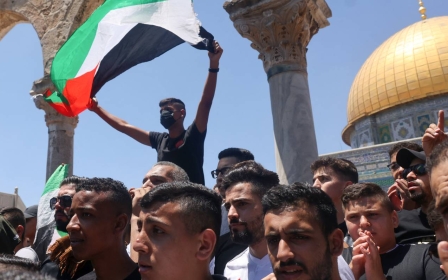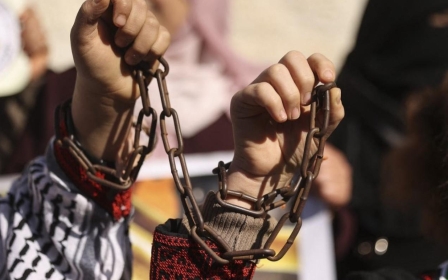Marwan Barghouti's imprisonment is denying Palestinians a path to unity
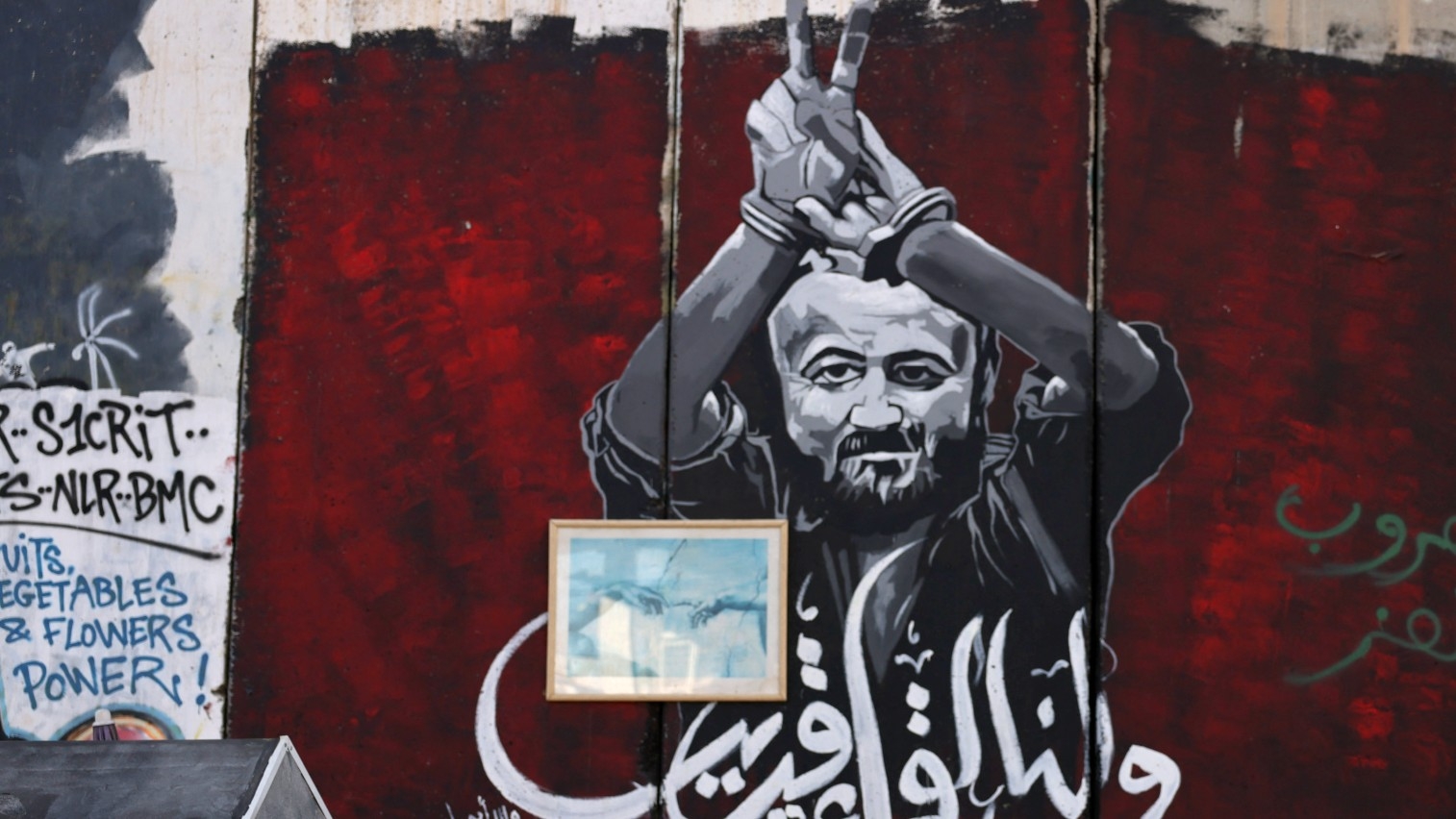
Palestine is in a political deadlock, at the heart of which lies a longstanding and unresolved representation gap.
The legitimacy of resistance against occupation cannot be denied. As a member of the Republican People’s Party, which organised Turkey’s War of Independence, I feel a deep connection to the Palestinian cause.
But as with any political action, the issue of representation is crucial. In this regard, the lack of elections in Palestine since 2006 has led to a significant representation gap.
One of the main reasons for the cancellation of Palestinian elections planned for 2021 were fears that Israel would not allow voting in occupied East Jerusalem, thus violating the Oslo Accords.
The Palestinian Authority (PA) understandably viewed this as a violation of its sovereignty over a region that is an integral part of Palestine. One of the aims of Israel’s occupation and repression is to undermine the legitimacy of the Palestinian cause in the eyes of the world.
New MEE newsletter: Jerusalem Dispatch
Sign up to get the latest insights and analysis on Israel-Palestine, alongside Turkey Unpacked and other MEE newsletters
Today, the lack of elections calls into question the legitimacy of the Palestinian leadership, rendering invisible the evolving choices or consolidated preferences of the Palestinian people.
Democracies operate on principles of accountability and transparency. The entrenched democratic deficit has, over time, provided grounds for the divided PA to be associated with inefficiency and corruption.
'The only chance'
I believe that Marwan Barghouti is a key figure capable of breaking the political deadlock in Palestine. A prominent leader during the first and second intifadas, Barghouti has been imprisoned in Israel for 22 years. His case demands our attention now more than ever.
Often referred to as “Palestine’s Mandela”, Barghouti is an important figure in public opinion polls across the occupied West Bank and Gaza.
He criticises the fragmented Palestinian political landscape, the weakened authority of the PA, and the absence of repercussions for Israel's colonial activities
Barghouti was a significant participant in the Oslo peace talks, advocating for both Palestinians and Israelis to live in security. He expressed his vision of two states for two peoples, living side by side as neighbours.
Journalist Gideon Levy recently described Barghouti as “the only chance to inject new hope into the dying Palestinian cause”. Levy's remarks after 7 October reflected a sombre reality: "I’m a great believer of him. And because I believe in him, and because so many people believe in him, Israel will never release him. And that’s so tragic."
Barghouti is acutely aware of the Israeli policies that keep him imprisoned. Months before 7 October, he wrote about a crisis within Zionism, as Israel struggles to maintain a democratic facade while denying basic rights to the indigenous population.
He also noted that the balance in Israel between military and civil, religious and secular, Ashkenazi Jews and Sephardic Jews has tipped in favour of more militaristic, religious and Ashkenazi factions.
Extending an olive branch
This shift, accompanied by the rise of far-right forces, is eroding Israel’s democratic ethos. The state increasingly marginalises and criminalises those who dissent - not just Palestinians, but anyone opposing the ruling far-right government.
For Barghouti, the wellbeing of the Palestinian people is paramount. At 65, under harsh prison conditions, he criticises the fragmented Palestinian political landscape, the weakened authority of the PA, and the absence of repercussions for Israel’s colonial activities. He calls for a national dialogue to foster Palestinian unity.
His words offer a vision of unity and peace, grounded in mutual respect for neighbours. Despite this peaceful attitude, recent reports indicate that Barghouti has endured torture and isolation in prison. Such acts are considered crimes against humanity and are not subject to any statute of limitations.
The continued detention of a secular politician, seen as a symbol of peace and cherished by his people, challenges our civilisation’s commitment to shared human rights.
The Palestinian people are resilient, and they deserve respect for their legal rights. They are capable of extending an olive branch, even as settlers destroy their olive groves.
In the words of poet Mahmoud Darwish: “Our wounded hands are yet capable of extracting the wilting olive branch from the rubble of massacred groves.”
The views expressed in this article belong to the author and do not necessarily reflect the editorial policy of Middle East Eye.
Middle East Eye delivers independent and unrivalled coverage and analysis of the Middle East, North Africa and beyond. To learn more about republishing this content and the associated fees, please fill out this form. More about MEE can be found here.



